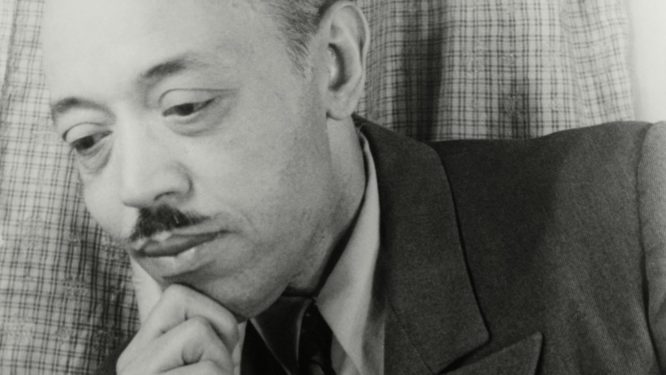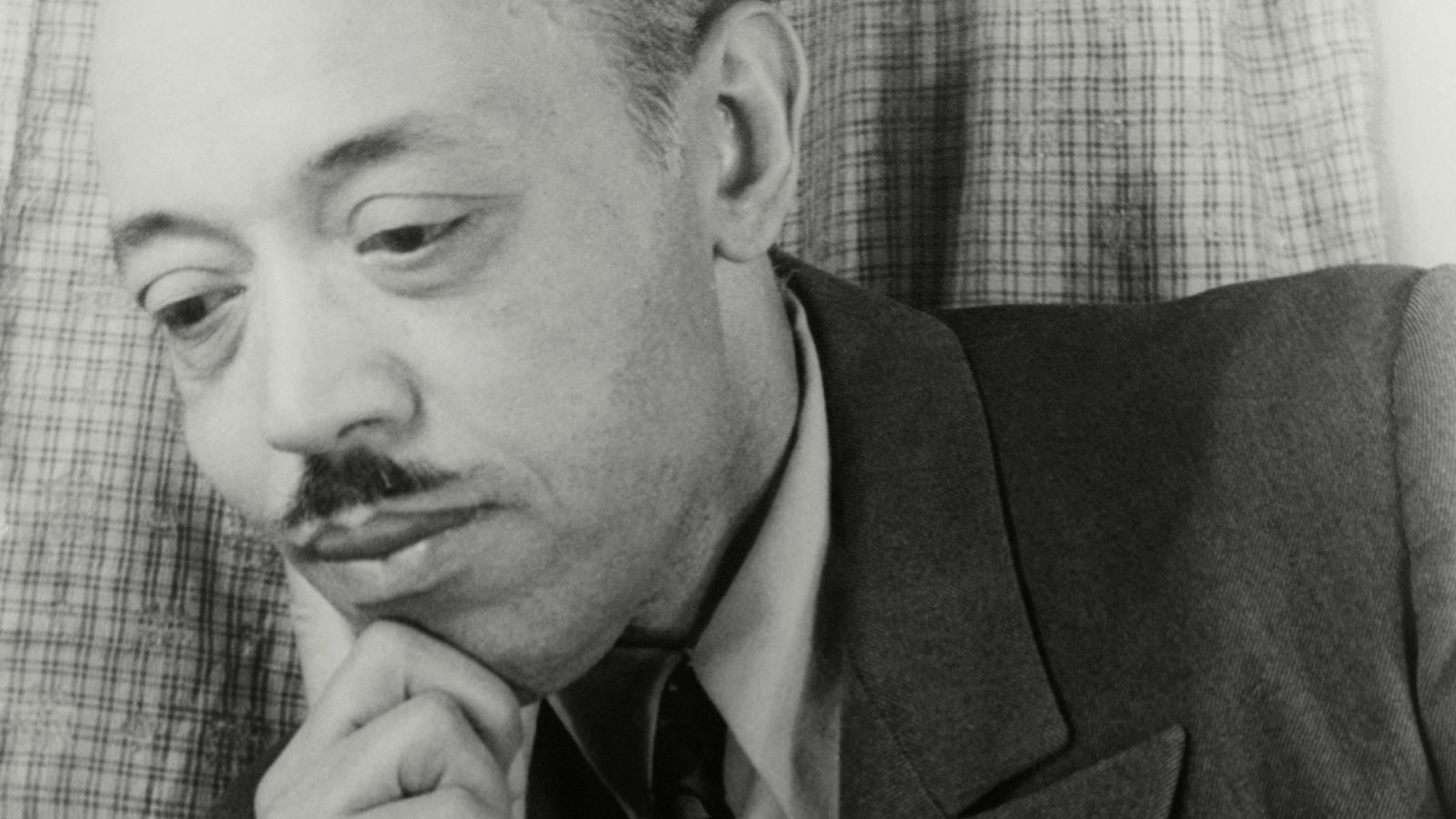William Grant Still

DATES
Born May 11, 1895 in Woodville, Mississippi
Died December 3, 1978 in Los Angeles, California
NATIONALITY
American
STYLE/PERIOD
Modern 1920-Present
FAMOUS WORKS
Afro-American Symphony

BIOGRAPHY
William Grant Still was the son of two teachers. His father (William Grant Still, Sr.) was also a partner in a grocery store and performed as a local bandleader. When baby William was only 3 months old, his father died, and his mother moved the family to Little Rock, Arkansas. William had an early interest in music, which was encouraged by his mother. He studied the violin, and loved to go to concerts. As he grew older, he taught himself to play all the other instruments in the string family as well as the oboe, the clarinet, and the saxophone. After he graduated from high school, William entered Wilberforce University and started composing and arranging in earnest. From Wilberforce, he went to the Oberlin Conservatory of Music and studied with some of the most famous composers of his time.
In 1918, Still joined the United States Navy to serve in World War I. In 1919, he started writing arrangements for bands and playing in pit orchestras on Broadway. In the 1930s Still arranged lots of music for popular radio shows. In 1936, Still conducted the Los Angeles Philharmonic Orchestra as the first African American to conduct a major American orchestra. He stayed in Los Angeles, and wrote or arranged music for lots of movies, including Pennies from Heaven and Lost Horizon.
In 1949, his opera Troubled Island was performed by the New York City Opera. It was the first opera by an African American to be performed by a major company. By the 50s, Still’s works were performed internationally by major orchestras in Germany, England, and Japan.
His Afro-American Symphony, one of his most famous works, incorporated melodies drawn from African-American folk songs, blues and jazz, and even calls for a banjo to join the orchestra!